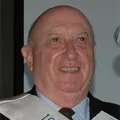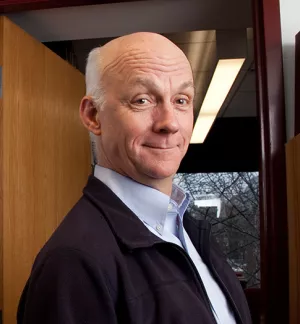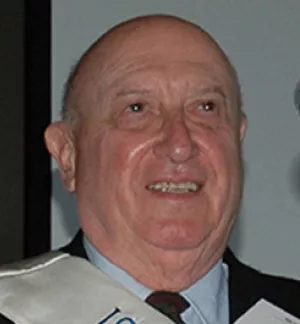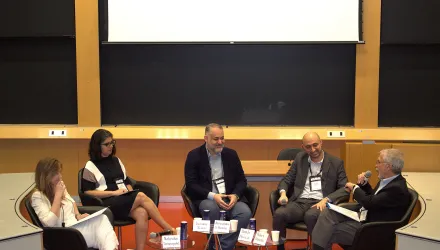Preface
This report is a work of moderate length, considerable effort, and large ambition. In seeking to reinvigorate the strategic connections between scientific research, technological development, and societies, efforts to achieve environmentally sustainable improvements in human well-being, it has drawn upon nearly 375 reports of the National Research Council and hundreds of other works cited in the text. In the course of its four-year effort, the board held eight meetings, two summer studies, three workshops, and a public symposium, and commissioned two studies. We benefited enormously from the voluntary efforts of the participants in these studies and workshops and their willingness to share with us their knowledge and experience and provide the critical analysis, perspectives, and questions the board needed to sharpen its understanding and judgments.
Most of all, this report is the work of the 25 members of the Board on Sustainable Development, its executive director, Shere Abbott, and her associate, Laura Sigman. The board is extremely large and diverse, as is the nature of our topic, with a heady mix of the natural and social sciences and engineering, seasoned by a few members with considerable experience in both industry and government, and from north and south of the United States. With mutual respect, careful listening, deep thought, and much hard work, they came together with the set of unanimous findings, judgments, and priorities for knowledge and action. Early on, the board benefited from the experience of its first director, John Perry, and the guidance of our chairman, Edward Frieman. Laura Sigman filled in the blanks of memory, intention, and citation with great research and good humor. But in the crucial years of preparation of this report, Shere Abbott piloted us on the board's journey, drafted significant parts of the report, and shared with us the pains of understanding and the pleasures of discovery. On behalf of our colleagues on the board and all who benefit from this report, we acknowledge her central contribution and offer her our heartfelt thanks.
Unlike most NRC reports, this one does not originate in a request from government for scientific advice. Rather it is a product of the desire of a major benefactor, George P. Mitchell, to address the research needs for the global commons of atmosphere, land, and water. Equally, it is a product of the desire of the Academies to reinvigorate the role of science and technology in sustainable development, and to contribute to the meeting of 80 international academies in 2000, co-chaired by the National Academy of Sciences' Foreign Secretary Sherwood Rowland, on the topic of a transition toward sustainability. Mr. Mitchell and the National Research Council have shared the cost of the study and the sometimes anxious awaiting of its outcome. In a special sense, however, the report is the product of Bruce Alberts, the president of the National Academy of Sciences, ably assisted by William Colglazier, who saw in the idea of a sustainability transition the great challenge of the coming century and consistently urged the board to explore and articulate how the science and technology enterprise could provide the knowledge and know-how to help enable that transition.
Finally, we acknowledge all of our children and grandchildren who, by their very presence, anchor us in the vague and uncertain future of the next two generations and make real our common journey. They, and their contemporaries, are the thinkers and doers and movers and shakers of the first half of the next century. And to them this report is dedicated with our hopes for a successful journey.
Robert W. Kates and William C. Clark, Co-Chairs
Sustainability Transition Study
Clark, William, Robert Frosch and Robert Kates. “Our Common Journey: A Transition Toward Sustainability.” National Academy Press, January 1, 1999
The full text of this publication is available via National Academy Press.







